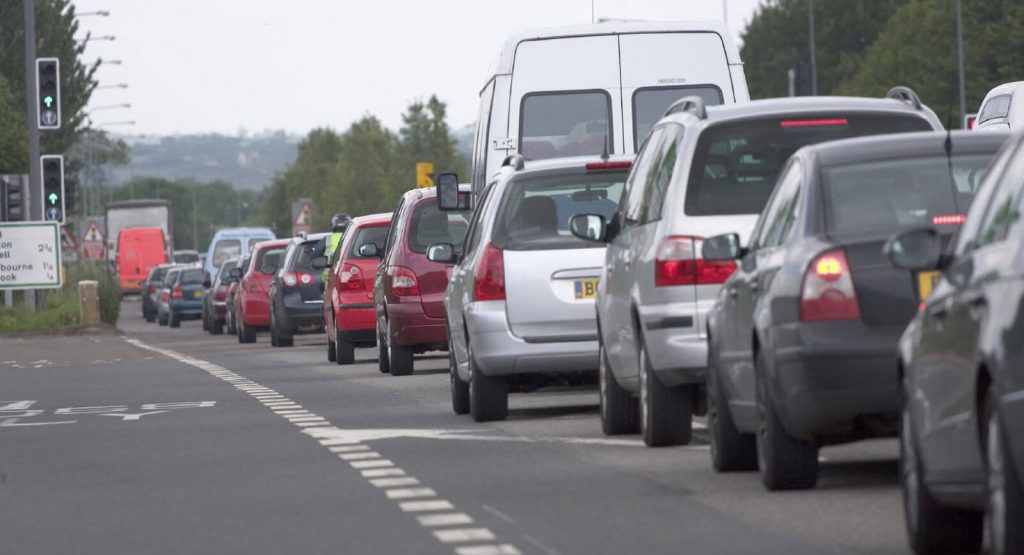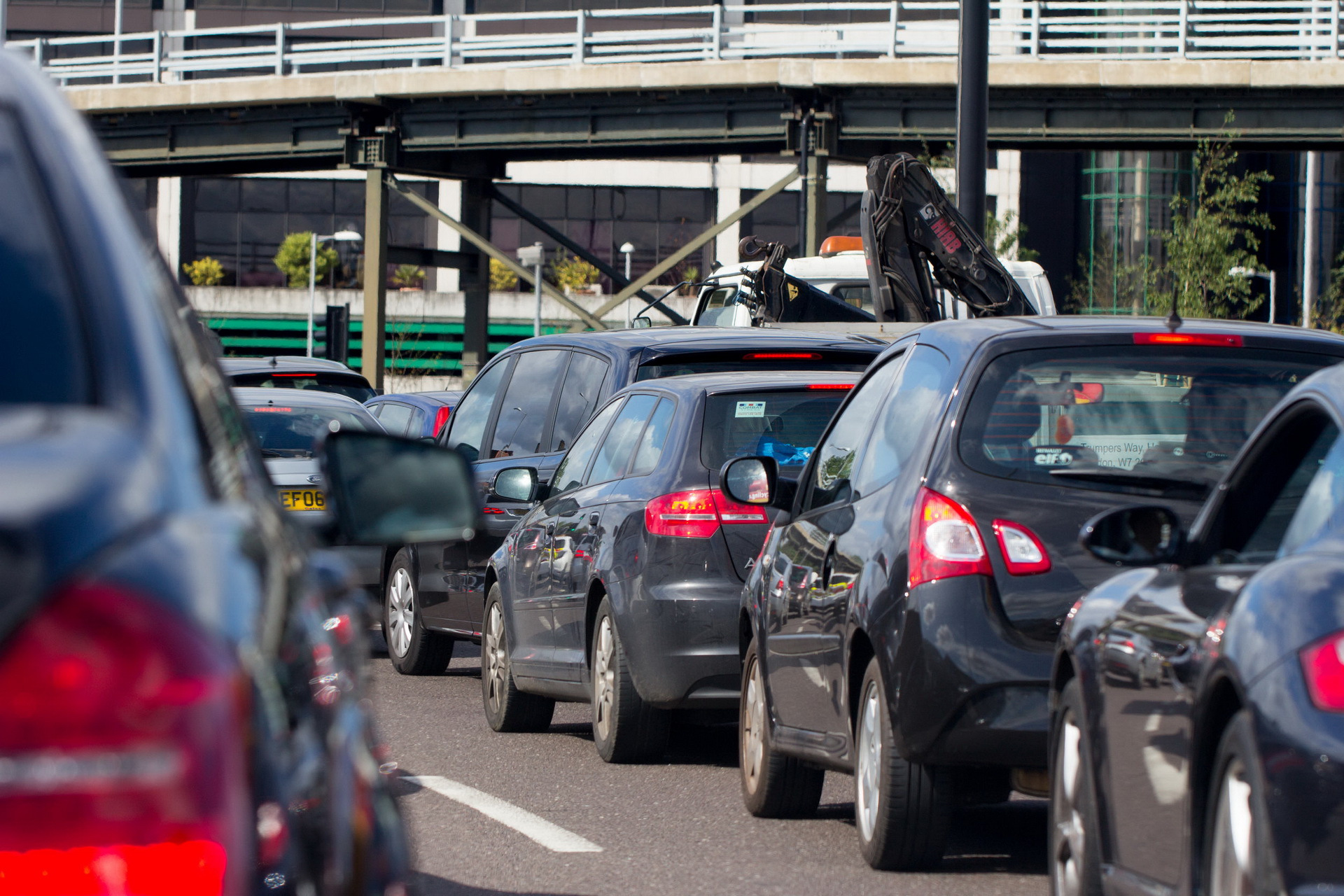If Britain hopes to become a world leader as far as electric vehicle technology is concerned, then perhaps they should push forward their 2040 diesel and petrol ban for cars and vans, all the way to 2032, say government officials.
The idea behind the ban is of course to also help the country reduce its greenhouse gas emissions and meet its climate targets, which may not happen unless both petrol and diesels are removed from cities much sooner than expected.
“If we are serious about being EV world leaders, the government must come forward with a target of new sales of cars and vans to be zero emission by 2032,” stated Rachel Reeves, Chair of the Business, Energy and Industrial Strategy Committee.
Her report mentions that the UK also needs to improve incentives for the uptake of EVs, and criticized a recent decision to cut grants for new PHEVs beginning this November, according to Automotive News Europe.
“The government needs to get a grip and lead on coordinating the financial support and technical know-how necessary for local authorities to promote this infrastructure and help ensure that electric cars are an attractive option for consumers,” added Reeves.
Meanwhile, Britain’s energy industry association, Energy UK, came out in favor of an earlier start to the ban.
“We firmly support the committee’s call for greater ambition and believe that an accelerated timetable for the roll out of electric vehicles is both desirable and feasible.”
Still, there are those who view such targets as unrealistic. Among them is Britain’s Society of Motor Manufacturers and Traders (SMMT) CEO, Mike Hawes, who points out the fact that zero emission vehicles make up just 0.6% of the market, which would mean that “consumer appetite would have to grow by some 17,000 percent in just over a decade. This is unrealistic,” he said.




